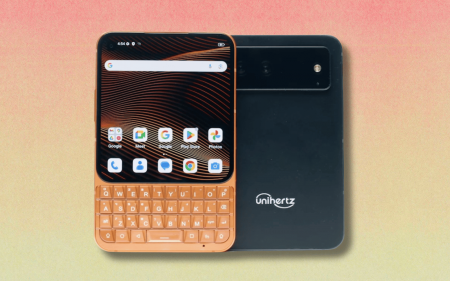Google has jumped its own gun by announcing its in-house consumer-facing AI platform, called Bard, to rival OpenAI’s ChatGPT a day before its live-streamed event, beating Microsoft’s AI-related announcement (scheduled for later today) by a few hours.
But instead of a relatively descriptive name, Google has opted for something a little more obscure. Have you got your coins ready?
Okay Bard, toss a coin
ChatGPT, the chatbot powered by OpenAI’s GPT-3 proprietary language model, can be found down almost every avenue of the internet. It makes headlines daily (here’s another one), for better or worse.
Google’s premature announcement comes direct from Alphabet Inc.’s CEO Sundar Pichai via a blog post. Google’s AI endeavour will use the company’s own Language Model for Dialogue Applications, or LaMDA for short.
If that sounds familiar, you could be remembering the time when the tech giant fired an employee for breaking his NDA and speaking to the press because he believed LaMDA to be sentient.
“We’ve been working on an experimental conversational AI service, powered by LaMDA, that we’re calling Bard. And today, we’re taking another step forward by opening it up to trusted testers ahead of making it more widely available to the public in the coming weeks,” wrote Pichai.
He went on to say, “Bard seeks to combine the breadth of the world’s knowledge with the power, intelligence, and creativity of our large language models.”
Google’s playing chicken with the Doomsday clock
Nothing bad has ever come from connecting an advanced artificial intelligence to the internet, right? Google acknowledged the possibility for misuse, in a roundabout way, and reassured fans it will make sure “Bard’s responses meet a high bar for quality, safety, and groundedness in real-world information.”
We should hope so.
If you want to watch the announcement that could potentially mark the beginning of the end in real-time, here’s a link to Google’s stream, set to go live at 15:30 SAST on Wednesday, 8 February. But don’t get too excited. The Bard will only be available to limited users at launch and Google has definite plans for it that might not involve letting the public fiddle with it.




